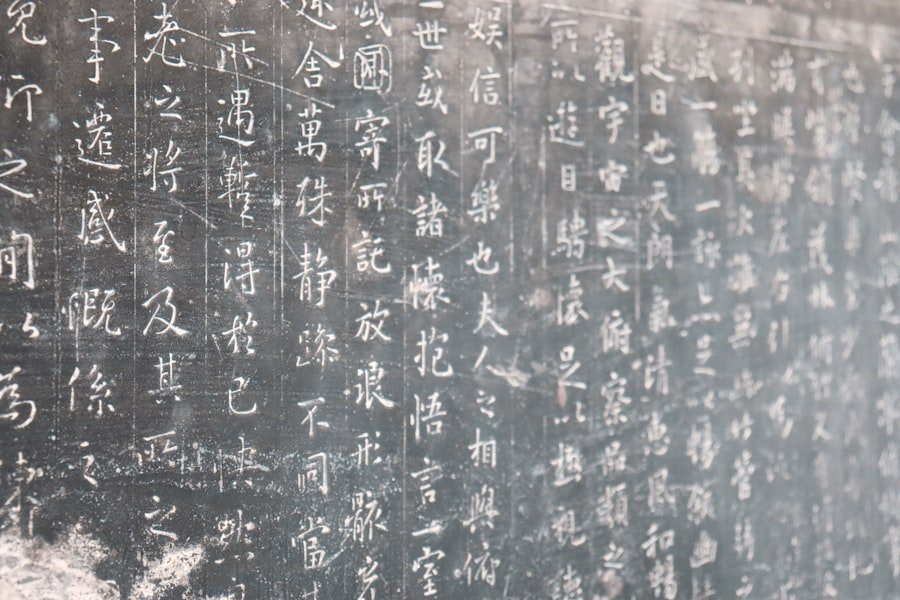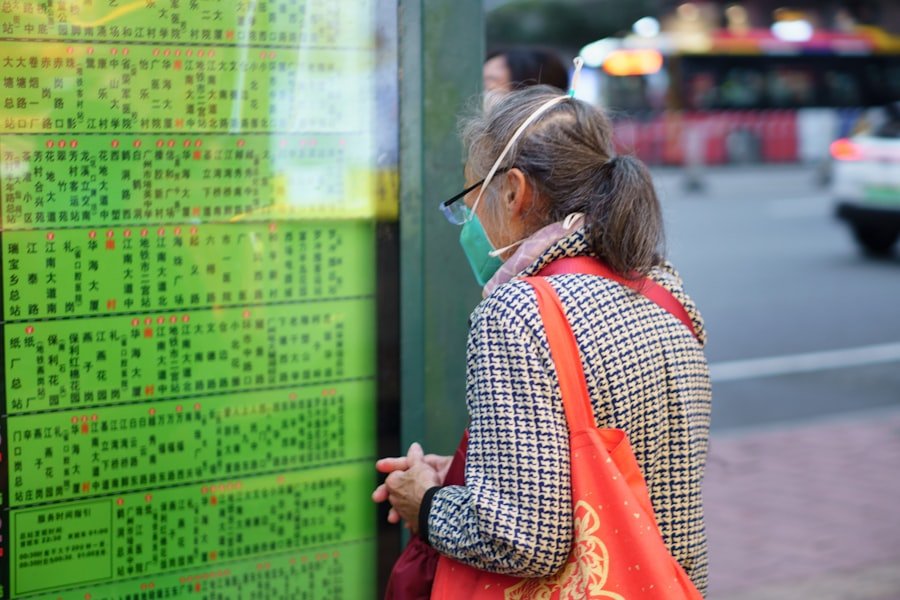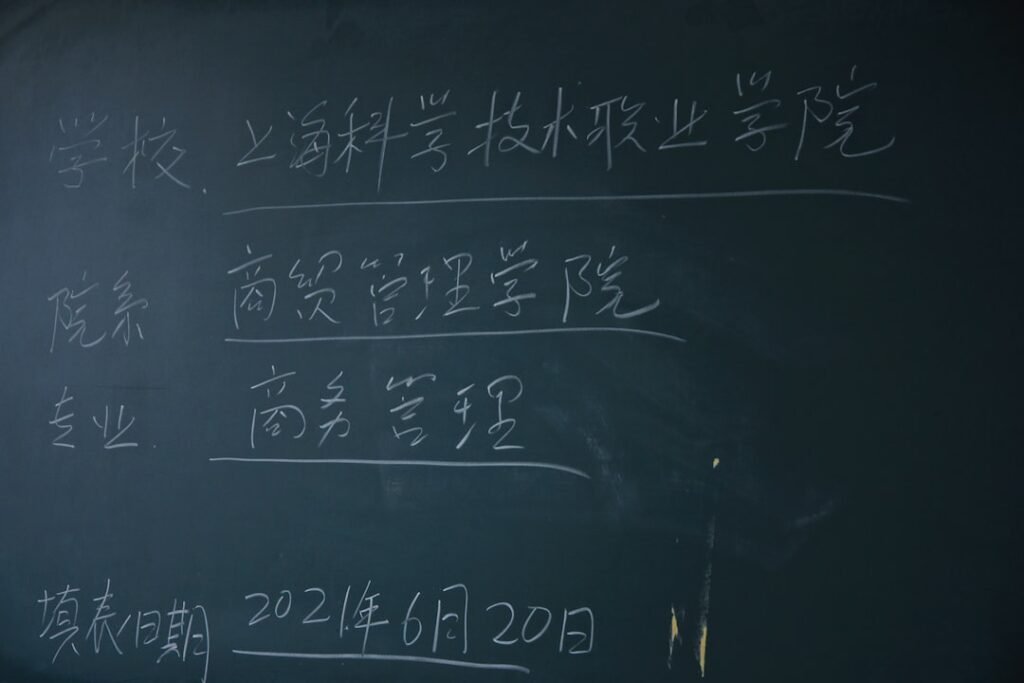The Chinese language, with its intricate characters and tonal nuances, presents a unique challenge for learners, particularly those engaged in martial arts. As one of the most widely spoken languages in the world, mastering Chinese can open doors to a deeper understanding of martial arts traditions, philosophies, and techniques. For martial artists, the ability to communicate in Chinese not only enhances their training experience but also enriches their connection to the cultural roots of their discipline.
However, embarking on this linguistic journey requires dedication, patience, and a strategic approach. The challenge of learning Chinese is multifaceted. It encompasses not only the memorisation of characters and vocabulary but also the grasping of tonal variations that can alter meanings entirely.
For martial artists, this challenge is compounded by the need to understand specific terminology related to their practice. Yet, the rewards of overcoming these hurdles are immense. By learning Chinese, martial artists can gain insights into the historical context of their art, engage more meaningfully with instructors and peers, and even access a wealth of literature and resources that are otherwise unavailable in translation. Spaces are filling up fast! Register for Chinese classes at the LC Chinese School in Oslo today.
Table of Contents
ToggleSummary
- Learning Chinese can be a challenging but rewarding experience for martial artists.
- The benefits of learning Chinese for martial artists include better understanding of martial arts philosophy and access to a wealth of martial arts literature.
- Finding the right resources for learning Chinese in Oslo is essential for effective language acquisition.
- Setting realistic goals is crucial for success in the Chinese language challenge.
- Incorporating Chinese language learning into martial arts training can enhance both skills simultaneously.
The Benefits of Learning Chinese for Martial Artists
For martial artists, learning Chinese can significantly enhance their training and understanding of their chosen discipline. Many martial arts styles, such as Kung Fu or Tai Chi, originate from China and are steeped in rich cultural traditions that are often conveyed through the language. By learning Chinese, practitioners can delve into the philosophical underpinnings of their art, exploring concepts such as balance, harmony, and respect that are integral to martial training.
This deeper comprehension can lead to improved performance and a more profound appreciation for the art itself. Moreover, being able to communicate in Chinese can facilitate better relationships with instructors and fellow practitioners. Many martial arts schools in China operate primarily in Chinese, and understanding the language allows students to engage more fully in their training environment.
This connection can foster a sense of community and belonging, as learners can share experiences and insights with others who share their passion. Additionally, it opens up opportunities for attending seminars or workshops in China, where language skills can enhance the overall experience.
Finding the Right Resources for Learning Chinese in Oslo

Oslo offers a variety of resources for those eager to learn Chinese, catering to different learning styles and preferences. Language schools, community centres, and online platforms provide a wealth of options for aspiring learners. One notable institution is the LC Chinese School, which is dedicated to teaching Chinese language and culture through immersive and engaging methods.
The school offers courses tailored to various proficiency levels, ensuring that students can find a suitable programme that aligns with their goals. In addition to formal classes, learners can benefit from supplementary resources such as language exchange meetups, online forums, and mobile applications designed for language acquisition. These tools can help reinforce what is learned in class and provide opportunities for practical application.
For martial artists specifically, seeking out resources that focus on terminology related to their practice can be particularly beneficial. This targeted approach ensures that learners are not only acquiring general language skills but also vocabulary that is directly applicable to their training.
Setting Realistic Goals for Your Chinese Language Challenge
Setting realistic goals is crucial when embarking on the journey of learning Chinese. Given the complexity of the language, it is essential to break down the learning process into manageable milestones. For martial artists, this might involve focusing on specific vocabulary related to their discipline first before expanding into broader conversational skills.
Establishing clear objectives helps maintain motivation and provides a sense of direction throughout the learning process. Additionally, it is important to recognise that language acquisition is a gradual process that requires consistent effort over time. Setting short-term goals—such as mastering a set number of characters each week or being able to hold a basic conversation—can help learners track their progress and celebrate small victories along the way.
By acknowledging these achievements, learners can build confidence and stay committed to their language journey.
Incorporating Chinese Language Learning into Your Martial Arts Training
Integrating Chinese language learning into martial arts training can create a more holistic experience for practitioners. One effective method is to incorporate relevant vocabulary into regular training sessions. For instance, martial artists can label equipment in Chinese or practice commands given by instructors in both English and Chinese.
This not only reinforces language skills but also enhances comprehension during training. Furthermore, engaging with instructional materials in Chinese—such as books or videos—can provide additional context and deepen understanding of techniques and philosophies. By immersing themselves in the language while practising their art, martial artists can create a seamless connection between physical training and linguistic development.
This dual focus not only enriches their martial arts practice but also accelerates their language acquisition.
Overcoming Common Challenges in Learning Chinese

Learning Chinese comes with its own set of challenges that can be daunting for many learners. One common hurdle is the complexity of Chinese characters; with thousands of them in existence, memorising them can feel overwhelming. To combat this challenge, learners can employ various strategies such as using flashcards or mnemonic devices to aid retention.
Breaking down characters into components or radicals can also make them easier to understand and remember. Another significant challenge is mastering the tonal aspect of the language. Mandarin Chinese has four main tones, each of which can change the meaning of a word entirely.
Practising pronunciation with native speakers or using language learning apps that focus on listening and speaking can help learners develop their tonal skills. Regular practice and exposure are key; by consistently engaging with the language through conversation or listening exercises, learners can gradually improve their pronunciation and tonal accuracy.
Connecting with the Chinese Community in Oslo
Connecting with the local Chinese community in Oslo can greatly enhance the language learning experience for martial artists. Engaging with native speakers provides invaluable opportunities for practice and cultural exchange. The community often hosts events such as festivals, cultural exhibitions, or language exchange meetups where learners can immerse themselves in the language while building relationships with others who share an interest in Chinese culture.
Participating in community events not only aids language acquisition but also fosters a sense of belonging within a multicultural environment. For martial artists, this connection can lead to friendships with fellow practitioners who may offer insights into traditional practices or even invite them to participate in local martial arts events conducted in Chinese. Such interactions enrich both linguistic skills and cultural understanding.
Cultural Immersion Opportunities for Martial Artists in Oslo
Cultural immersion is an essential aspect of language learning that can significantly benefit martial artists studying Chinese. In Oslo, there are numerous opportunities for cultural engagement that complement language studies. Attending workshops or demonstrations related to traditional Chinese martial arts allows learners to witness firsthand the application of language within their practice while deepening their appreciation for its cultural significance.
Additionally, exploring local Chinese restaurants or markets can provide practical experiences where learners can practise their language skills in real-life situations. Ordering food or engaging in conversations with staff not only reinforces vocabulary but also enhances confidence in speaking. By actively seeking out these cultural immersion opportunities, martial artists can create a richer learning experience that goes beyond classroom instruction.
Tracking Your Progress and Celebrating Milestones
Tracking progress is an essential component of any language learning journey, particularly when faced with the complexities of Chinese. Keeping a journal or using digital tools to document achievements—such as new vocabulary learned or conversations held—can provide motivation and clarity on areas needing improvement. Regularly reviewing these milestones allows learners to reflect on how far they have come and reinforces their commitment to continued growth.
Celebrating milestones is equally important; recognising achievements—no matter how small—can boost morale and encourage perseverance. Whether it’s treating oneself after completing a course or sharing progress with friends or fellow practitioners, acknowledging these moments fosters a positive mindset towards learning. This celebratory approach helps maintain enthusiasm throughout the journey.
Applying Your Chinese Language Skills in Martial Arts Competitions
For martial artists participating in competitions, having proficiency in Chinese can be an invaluable asset. Many competitions may involve communication with judges or fellow competitors who speak Mandarin or Cantonese. Being able to converse effectively not only enhances the overall experience but also demonstrates respect for the culture from which these martial arts originate.
Moreover, understanding competition rules and terminology presented in Chinese allows athletes to prepare more thoroughly for events. This knowledge can lead to improved performance as competitors feel more confident navigating the environment around them. Ultimately, applying language skills in competitive settings reinforces the connection between martial arts practice and linguistic development.
Continuing Your Language Learning Journey beyond Autumn
As autumn approaches its end, it’s essential for learners to consider how they will continue their journey with the Chinese language beyond this season. The commitment to learning should not wane; instead, it should evolve into a lifelong pursuit that adapts alongside personal interests and goals. For martial artists, this could mean seeking advanced courses at institutions like LC Chinese School in Oslo that offer specialised programmes tailored to practitioners.
The LC Chinese School provides an excellent platform for continued learning through its diverse range of courses designed for various proficiency levels. With experienced instructors who understand the unique needs of martial artists, students can further develop their language skills while deepening their understanding of cultural nuances relevant to their practice. By embracing ongoing education at such institutions, learners ensure that their journey with the Chinese language remains vibrant and fulfilling long after autumn has passed.
In conclusion, embarking on the challenge of learning Chinese offers numerous benefits for martial artists seeking to enhance their training experience and cultural understanding. By utilising available resources in Oslo, setting realistic goals, incorporating language learning into training routines, connecting with local communities, immersing themselves culturally, tracking progress, applying skills competitively, and committing to ongoing education at institutions like LC Chinese School, practitioners can navigate this rewarding journey with confidence and enthusiasm.







